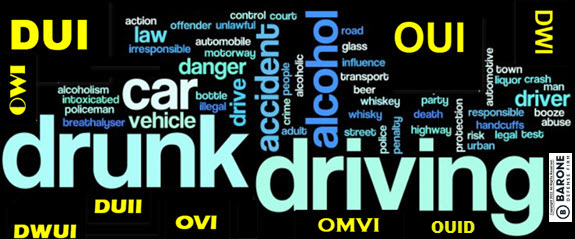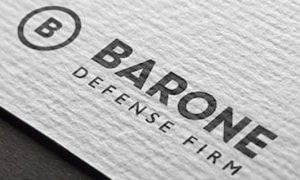The short and simple answer is that questions of law are for the judge to decide whereas questions of fact are for the jury to decide. However, while technically correct, this short answer is incomplete. Especially if you are charged with a crime like OWI Michigan.

One reason this explanation is incomplete is because it ignores the issue of jury nullification where judges are thought to be “judges of the law.” However this is a complicated and controversial topic, and beyond the scope of this article. To learn more about jury nullification, see; What is Jury Nullification and is it Lawful in Michigan?
When you’re facing an OWI charge in Michigan, the stakes are high, and understanding the roles of judges and juries becomes more than a legal curiosity—it becomes a crucial part of building your defense. For example, many clients charged with operating while intoxicated wonder who decides if a breathalyzer test was administered properly, or whether the officer had a valid reason to initiate the traffic stop in the first place. These aren’t just technicalities—they’re legal questions that could affect whether key pieces of evidence are even considered at trial. Knowing who decides what, and when, could make the difference between a conviction and an acquittal.
 Michigan Criminal Defense Lawyer Blog
Michigan Criminal Defense Lawyer Blog



 Your
Your 
